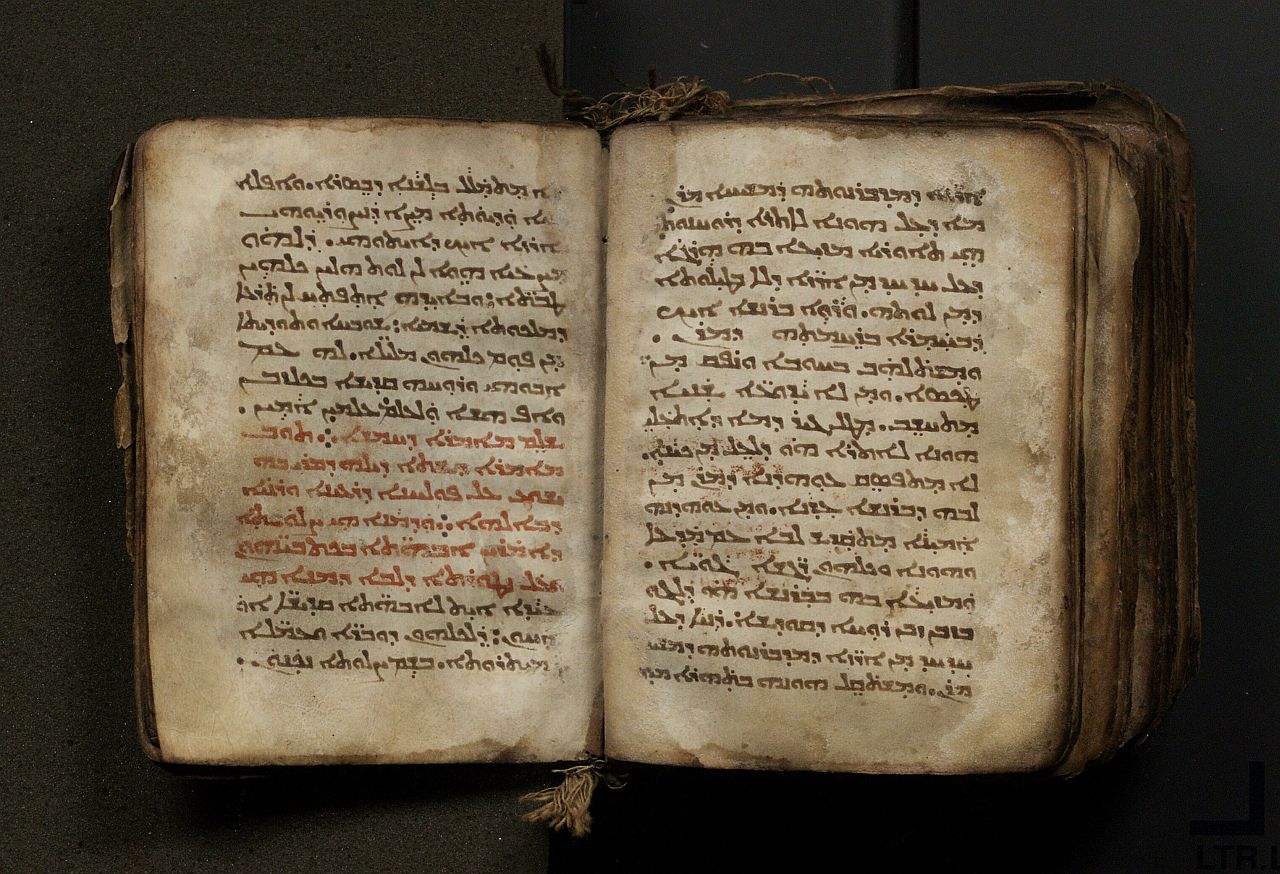The Department of Ancient and Medieval Languages and Cultures offers a variety of graduate-level credentials, including a Certificate in Medieval Studies, M.A. degrees, and Ph.D. programs.
-
Greek and Latin (M.A.)
The M.A. in Greek and Latin requires ten graduate-level courses divided between the two languages, along with comprehensive and modern language exams. This is the program that the department recommends for students who already know that they are planning professional careers in classics, whether in the university world, in archaeology, or in museum work; it provides the strongest preparation for a future Ph.D.
Learn More -
Greek (M.A.)
The M.A. in Greek requires ten graduate-level courses, along with comprehensive and modern language exams. This is the program that the department recommends for students who plan to pursue future work in areas such as Byzantine studies or the history of eastern Christianity. Although the study of Latin is not required in this program, the department permits that it be incorporated if it pertains to a student's individual academic goals.
Learn More -
Latin (M.A.)
The M.A. in Latin requires ten graduate-level courses, along with comprehensive and modern language exams. This is the M.A. program that the department recommends for students who plan to pursue teaching at the secondary level. Although the study of Greek is not required in this program, many students elect it nevertheless, and the department encourages this choice.
Learn More -
Greek and Latin (Ph.D.)
The Ph.D. in Greek and Latin includes a total of 18 graduate-level courses. Students pursuing this doctorate first complete the M.A. in Greek and Latin (10 courses + exams) or substitute an approved M.A. in this field from another institution. For the Ph.D., they then take 8 further courses and complete a second modern language exam, a three-part doctoral comprehensive examination, and a dissertation.
Learn More -
Medieval Studies (Certificate)
The Certificate in Medieval Studies is the only program of its kind in the greater Washington, D.C. area. It is designed to offer students a broad experience in various components of medieval civilization, providing both perspective and tools for specialized research.
Learn More -
Semitics (M.A.)
M.A. students in Semitics choose a pathway that focuses upon either the Ancient Near East or Christian Near East. In either case, they select two primary research languages as a "major language" and "minor language," and generally take coursework in additional languages as well. The M.A., including the requisite comprehensive exams, can usually be completed in two years of full-time study.
Learn More -
Semitics (Ph.D.)
Ph.D. students in Semitics select a pathway focused upon either the Ancient Near East or the Christian Near East, and identify a "major language" and a "minor language" that they will emphasize in the course of their studies. The Ph.D. program requires an additional 30 credit hours of coursework beyond the M.A.
Learn More

